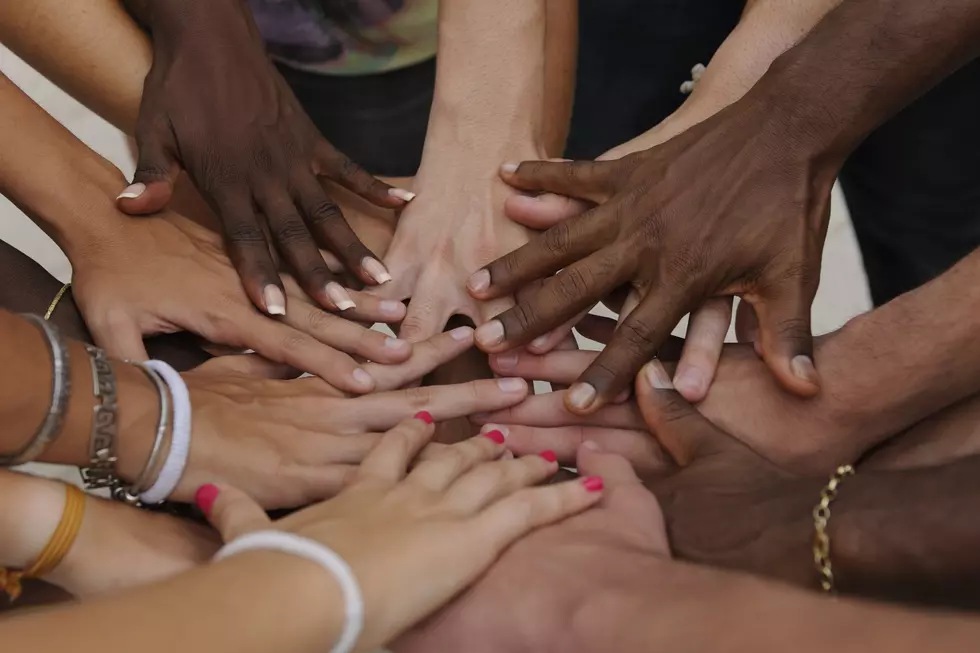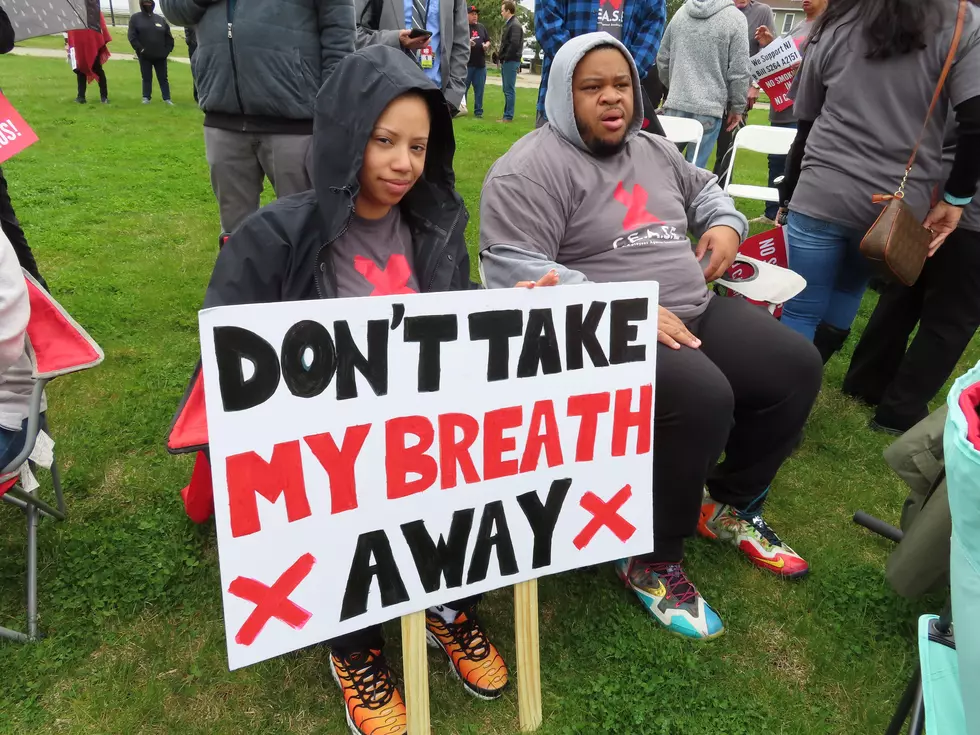
Digital archive catalogs thousands of Holocaust survivors in NJ
GALLOWAY— When Stockton University professor Michael Hayse and some students started working in 2019 on a project to catalog South Jersey Holocaust survivors, they thought it would take about a year, and net a few hundred names.
But three years later, the project continues, and now hundreds of involved students have found the names of 1,500 Holocaust survivors who live or lived in Atlantic, Cape May, and Cumberland counties.
The digital archive of documents, copies of memoirs, and ancestry information is housed at The Sara and Sam Schoffer Holocaust Resource Center at Stockton University.
The center opened its doors in 1990, has expanded three times, and is currently expanding again, said Gail Hirsch Rosenthal, director of The Sara and Sam Schoffer Holocaust Resource Center.
She said the focus of the center is to educate about the Holocaust and other genocides.
“We, here at Stockton realized that we have many Holocaust survivors that lived within a 40-mile radius of the school. That means Atlantic, Cape May, and Cumberland Counties, which is unique,” Rosenthal said.
Two and a half years ago, they decided to plan for the future, she said. At the same time, resources were becoming available to Stockton University for the first time.
One was the Arolsen Archives, which was documentation available from Germany. Rosenthal said those archives were opened up to Stockton through the U.S. Holocaust Memorial Museum. The archive contains about 30 million documents from concentration camps, details of forced labor, and files on displaced persons.
“Some of our Holocaust survivors include someone who was born in Czechoslovakia, whose parents were told they can send one child on a train called The Kindertransport to England. You can only send one. That child went and she never knew what happened to her sister and her mother,” Rosenthal said.
Just recently, Rosenthal said the researchers at Stockton were able to tell the survivor (who has since passed) what happened to her mother and sister. They were murdered, she said.
“But she found out her sister and her mother were together all the time, which was a comfort to her knowing that they were together,” Rosenthal said.
Between 1938 and 1940, the Kindertransport consisted of trains that left Germany and Austria during the nine months before the outbreak of WWII, trying to save as many people as possible from the Nazis. Again, parents were instructed they could only send one child.
“We have found some Kindertransport children that live here near Stockton University and they didn’t even know that they were Jewish and on the Kindertransport. But we helped them to find their archival information,” she said.
With the archives that Stockton has, Rosenthal said they can document and find information for families that they never had before. Stockton also has access to 54,000 testimonies of Holocaust survivors and others who have survived genocide, thanks to its partnership with the University of Southern California’s Shoah Foundation.
Stockton also has over 60 memoirs of Holocaust survivors from Atlantic, Cumberland, and Cape May.
Rosenthal also said there is a project under Professor Wendall White, a Guggenheim award-winning photographer, who teaches photography at Stockton where, for over 10 years, he and students went out and took photographs of survivors and captured some of their stories.
With all of this, Rosenthal said Stockton was able to give students with an interest in Holocaust Studies, projects to do and study the families.
At The Sara and Sam Schoffer Holocaust Resource Center, Rosenthal said they want students to learn research methods and share their research findings.
For example, when talking about the Kindertransport survivor, Stockton had her memoir. Some Holocaust survivors never gave oral history testimonies but this survivor did, she said.
They found that throughout the history of these Holocaust survivors, there were themes.
“There were themes of friendship, the themes of helping each other, the themes of this wasn’t an accident that they came here to South Jersey because it’s the idea that one person told the next that they have a common history so let’s live together,” Rosenthal said.
She said they never knew it was common that Holocaust survivor families lived together when they came to South Jersey.
Also, Stockton researchers found out that the Baron De Hirsch Fund existed, which started in the 1800s. It bought farmland for new immigrants worldwide. Some of that farmland was in South Jersey.
There was also The Jewish Agricultural Society which was unique to South Jersey that had interest-free loans for the survivors.
“We found another trend that we had Holocaust survivors that came here towards the ends of their careers for retirement and lived in the South Jersey area. We also found the trend that many of our survivors started businesses in South Jersey that are still operating today,” Rosenthal said.
One of those businesses is the Montreal Inn in Cape May, first operated by Holocaust survivors.
The digital archive can be found a www.stockton.edu. For more information, call 609-652-4699.
Rosenthal said this project is not stopping. As many families get excited about the project, the resource center will continue to add to the archive.
“People are coming forward now whom we know, and we had no idea that they were Holocaust survivors,” she said.
In the fall of 2023, the center plans on releasing a digital exhibition that will present a more comprehensive look at the Holocaust, refugee issues and the positive impact of survivors on South Jersey.
Jen Ursillo is a reporter and anchor for New Jersey 101.5. You can reach her at jennifer.ursillo@townsquaremedia.com
Click here to contact an editor about feedback or a correction for this story.
KEEP READING: Scroll to see what the big headlines were the year you were born
More From 94.3 The Point










